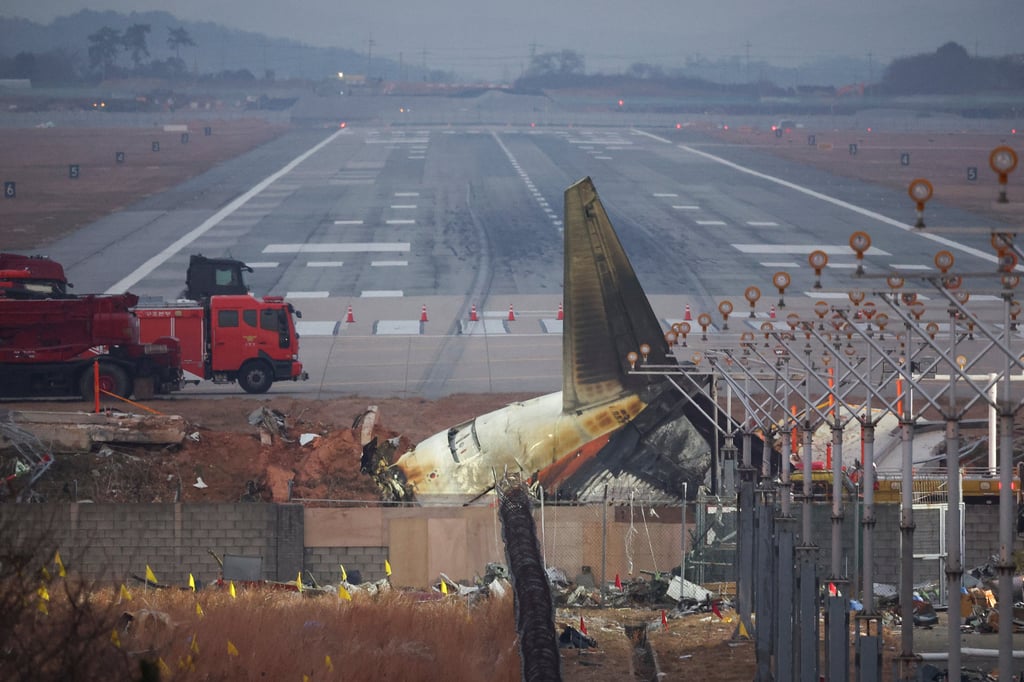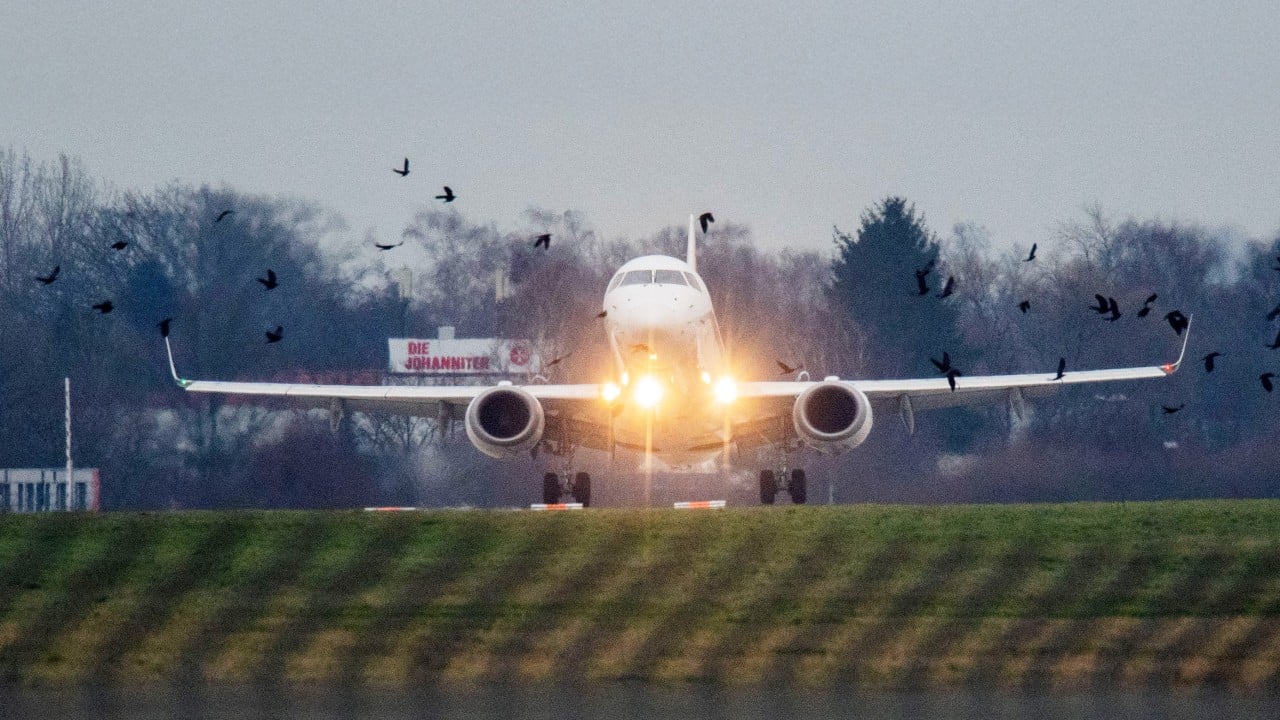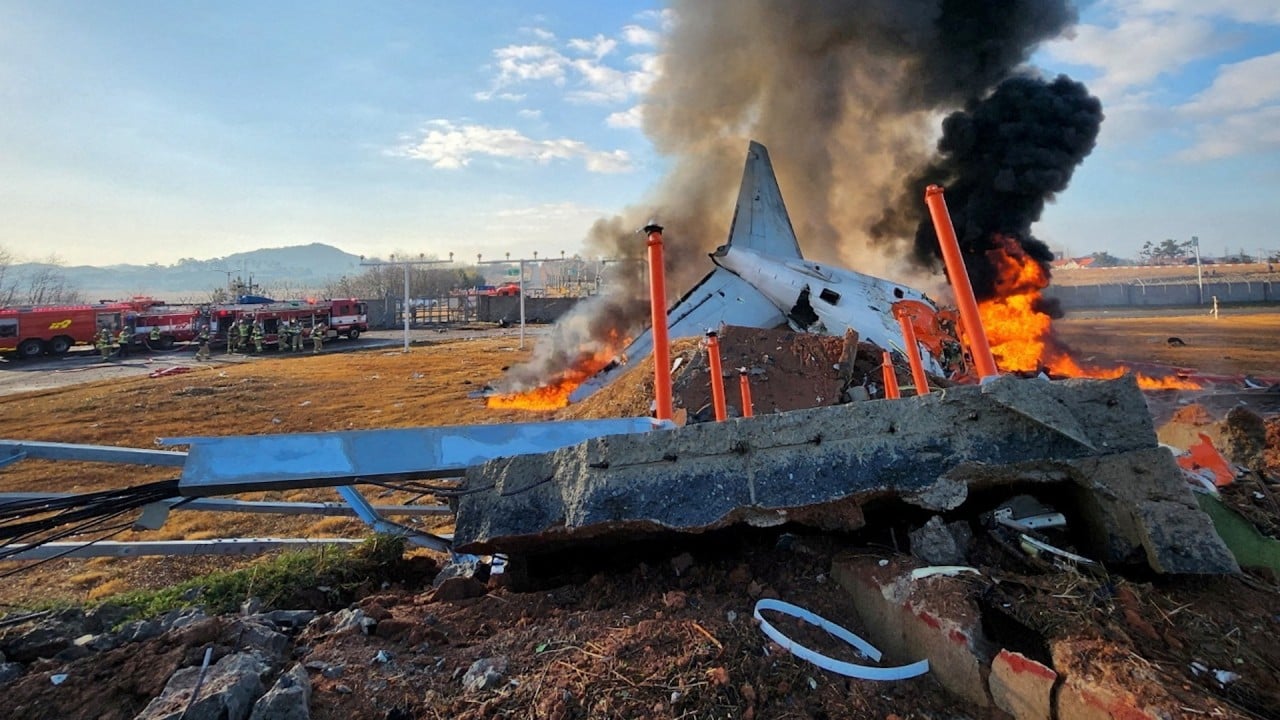Bird strikes are not uncommon at airports but the chance of a plane crash in Hong Kong as a result of one is relatively low, aviation veterans have said, following South Korea’s worst-ever air disaster that left 179 people dead.
Advertisement
A bird strike has emerged as a possible cause for Jeju Air flight 7C2216 crash-landing at Muan International Airport in South Korea on Sunday.
The aircraft, a Boeing 737-800, landed without its wheels down, hit a wall at the end of a runway and exploded, with all but two of the 181 people on board the flight from Bangkok killed. Investigations are under way to find the cause of the disaster.

Hong Kong Professional Airline Pilots Association chairman Steven Dominique Cheung said on Monday that international airports, including the city’s, used advanced radar technology and provided mature civil aviation services.
“The air traffic control centre gives warnings when it notices bird-strike risks and the crew can take evasive action,” Cheung said, noting some airports might not have such support and had to rely on word of mouth between pilots and the control centre.
He said the city’s terrain and wind shear posed more of a challenge to pilots. Wind shear refers to a change in headwind or tailwind that can affect an aircraft’s lift.
Advertisement
“The chance of a bird strike in Hong Kong is very low. The chance of having a fatal accident following a bird strike is even lower,” Cheung said.


